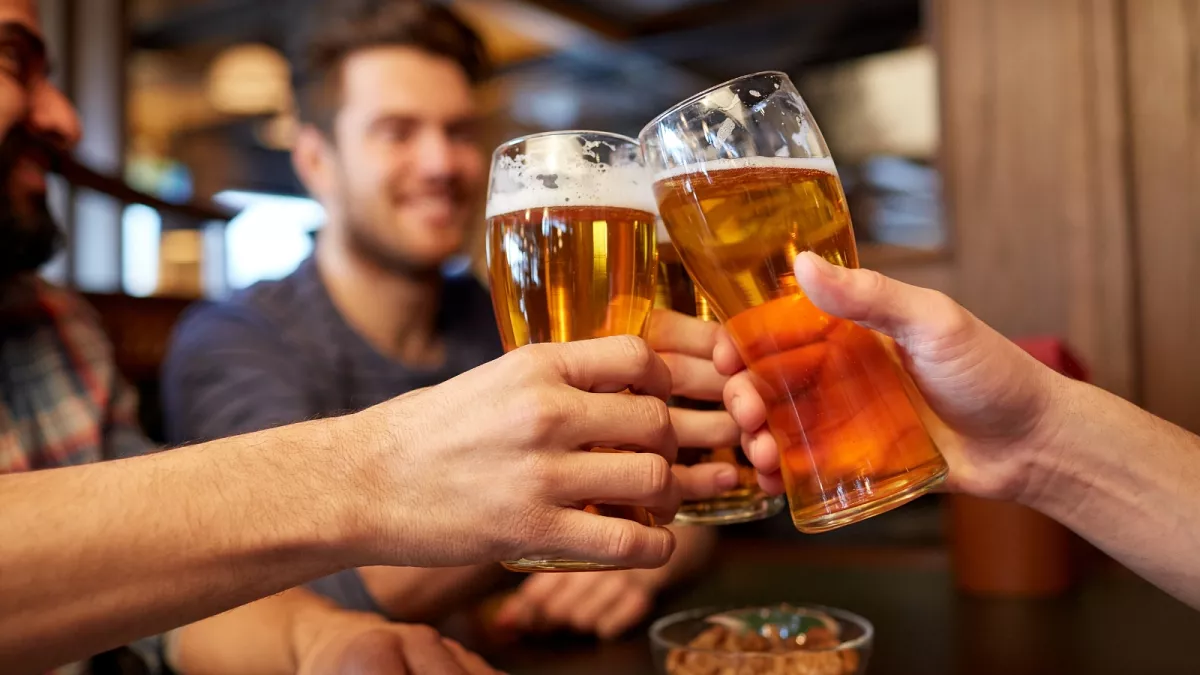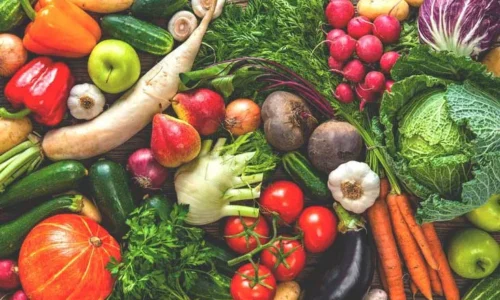- Judith Akatugba
- 0 Comments
- 614 Views
The science is in: drinking less is generally better for your health. However, since alcohol is a staple of almost all social and business events, you might not always wish to refrain from drinking.
You’re not required to either. Experts advise that most people can include moderate drinking into their healthy lifestyle in a number of ways.
Here’s how to do it.
Make a list of your routines.
Realizing who you are is the first step towards becoming a healthier drinker. Do you currently have an alcohol issue or did you have one in the past? Chief of addiction medicine at Hackensack Meridian Health in New Jersey, Dr. Aakash Shah, argues that reflecting sincerely and honestly is a crucial first step. It is normally recommended that those who struggle with alcohol addiction refrain from drinking. Are you sure that’s you? Think about whether you’re becoming more irritable or argumentative with your loved ones about how much you drink, whether you’re arriving late or not doing effectively at work, or whether all you can think about is getting your next drink. Speak with your primary care physician or look up an addiction medicine expert online if that sounds similar. “This is not only a disease, but it’s a disease that responds well to medication,” asserts Shah.
Read Also: Italian watchdog claims OpenAI’s ChatGPT violates privacy regulations
Shah goes on to say that this kind of introspection is beneficial even for people who have never battled an alcohol use issue. Do you usually drink more when you celebrate? when you’re having a fight or when you’re depressed? You can better prepare for the times when you tend to overdo things by keeping a list of your triggers.
Adhere to the advice.
Experts concur that it’s critical to abide by federal regulations restricting consumption to one drink for women and two for men each day. Twelve ounces of beer, five ounces of wine, or one and a half ounces of distilled spirits constitute a normal drink. Binge drinking is particularly risky because it is linked to major illnesses and injuries as well as an increased chance of alcohol use disorder. Binge drinking is defined as consuming five or more drinks per occasion for males and four or more drinks for women. The Harvard T.H. Chan School of Public Health’s Eric Rimm, an epidemiology and nutrition professor, suggests spreading out your alcohol use over the course of a week. “Don’t stay up late on Friday or Saturday.”
Plan your trip before you leave.
If you have a tendency to overindulge, set a limit on how much you will drink in advance and ask a buddy to help you stay on track—for example, by reminding you that you intended to have no more than two drinks before switching to soda or water. “Inform so-and-so that you’ll leave early and call it a night if they witness you acting in a particular manner,” Shah advises.
He adds that practicing saying no to those who pressure you to have more can be beneficial. You may even practice possible situations with a trusted partner. Practice is crucial, according to Shah. It will be far more difficult if you leave it up to yourself to find the words in the moment, particularly if you’ve already had some alcohol.
Don’t drink on an empty stomach.
In a restaurant, you usually order a drink first and then decide what to eat. However, that might make alcohol’s harmful effects worse. “It would be much better to order your appetizers first, then grab a drink once they’re delivered,” advises Rimm. In this manner, you will avoid drinking for about twenty minutes while you’re not hungry. According to study, food slows down the rate of intoxication by obstructing the small intestine’s ability to absorb alcohol quickly. Meals that are heavy in protein, fat, or carbohydrates work very well.
Choose your drinks wisely.
Be aware of the amount of alcohol in your beverage; if at all possible, Rimm suggests diluting it. With wine, which often has an alcohol content of 14% by volume (ABV), or beer, which typically has an ABV of 5-7%, that is not required. However, spirits come in a wide variety, with alcohol content ranging from 30% to 70%, according to Rimm. One shot can contain as much or more alcohol as a huge glass of something else, so it’s a good idea to dilute it with water or another mixer and carefully check the labels.
Try your best to reduce.
Dr. Timothy Naimi, head of the Canadian Institute for Substance Use Research, states that cutting back on alcohol consumption is the best thing most people can do. “When it comes to health, less is better,” he says, adding that heavy drinkers will benefit the most from cutting back, even if they can’t quite cut below the daily limits. “You will reap enormous benefits if you are someone who consumes five or six drinks daily and you can reduce that to three.”
Naimi advises identifying your motivation in order to persist. Do you want to cut back on your drinking because it’s getting in the way of your relationships or so you can get up earlier for work? Next, decide how many drinks you’ll stick to each week as your objective. Think about asking your close friends and family for help, or reaching out to online or offline communities. Setting up substitute activities is also essential if you want your free time and social life to be free of alcohol. “Perhaps taking a stroll rather than visiting a bar, or socializing with individuals who don’t drink much,” suggests Naimi.
Take a break.
You’ve undoubtedly heard of the month-long alcohol fasting initiatives such as Dry January or Sober October. Studies indicate that individuals who abstain from alcohol, even for brief periods of time, reap enduring advantages. In one study, moderate-to-heavy drinkers who abstained from alcohol for one month had a decrease in growth markers linked to cancer, reduced blood pressure and insulin resistance, and lost roughly 4.5 pounds. According to additional studies, by the time August arrives, individuals who take part in Dry January still drink significantly less than they did before.
According to Dr. George F. Koob, head of the National Institute on Alcohol Abuse and Alcoholism (NIAAA), you can begin this kind of challenge at any time of the year. Try a shorter trial period if a month seems excessively long. “I always advise people to listen to their bodies if they feel better after quitting drinking for a week or two, start sleeping better, and have better interactions with their family,” he says. “It’s attempting to communicate with you.”
Drink with awareness.
Using techniques derived from meditation might increase your awareness of how much you drink and why, which may make it simpler for you to cut back. “Avoid thinking about other things while taking a sip,” suggests Rimm. Savor the flavor instead. After your glass is drained, take a time to consider if you really want another. By starting to drink more mindfully rather than impulsively, you can establish a more rational relationship with alcohol by choosing what and how much to drink.











